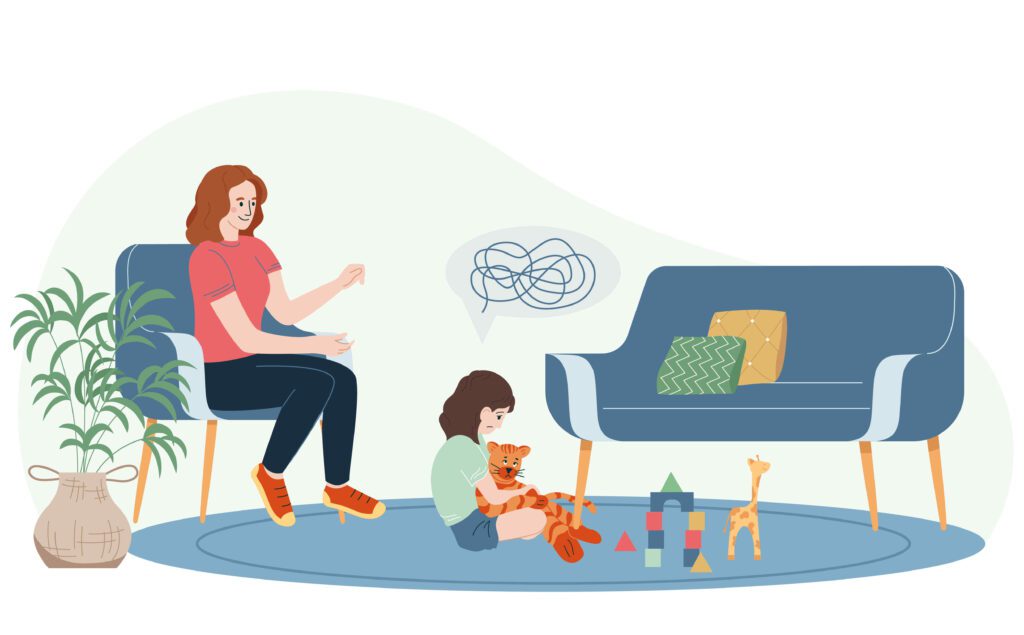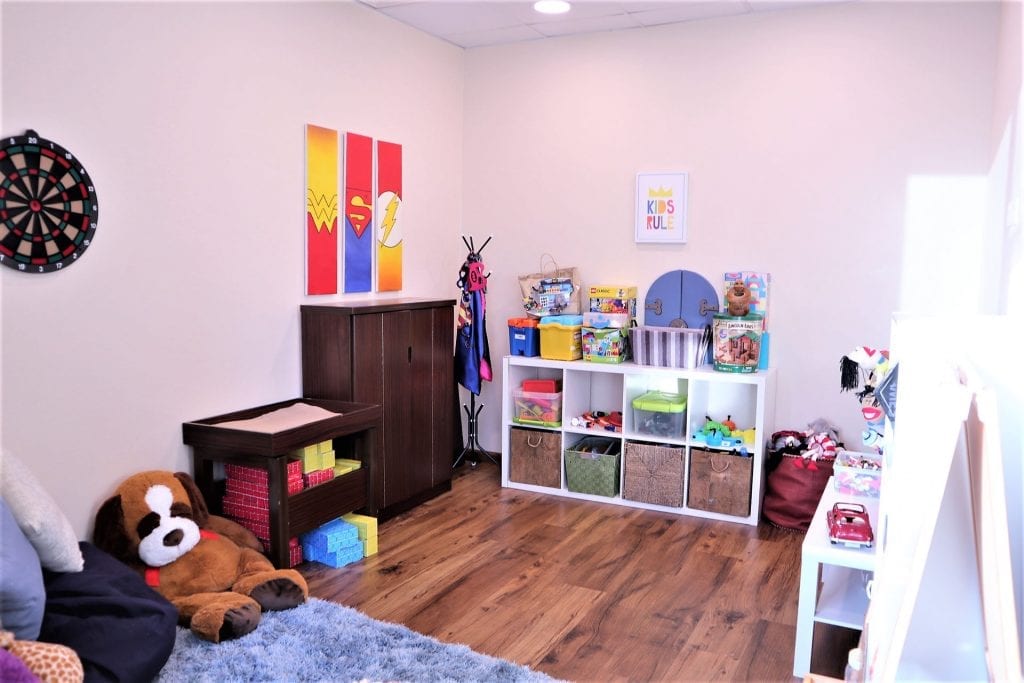Developmental / Autism - Assessments for Children
Understanding Developmental and Autism Assessments
When does my child need to have a Developmental Assessment completed?
- Do you or your child's teachers have concerns about your child's abilities?
- Do you or teachers think your child is behind in certain areas of development?
- Is he/she not doing things other children the same age can do?
Children develop and learn at their own pace and there is a pretty wide range in what is considered normal. As children grow and develop, they learn different skills, such as:
- walking
- putting together a sentence
- playing with other children.
These skills are known as developmental milestones. It is important to beware of signs that your child may not have the skills of other children within the same age group.
Most delays aren't serious and if detected early, children can catch up. The key is to get your child the help he/she needs as soon as a problem is suspected. A developmental evaluation can be completed to better understand your child's strengths and weaknesses and to create a plan for intervention.
There are 5 main groups of skills that make up milestones of development:
- Language Skills (e.g. speaking words, formulating sentences, and understanding what is being said)
- Gross Motor Skills (e.g. walking, carrying things, running, jumping)
- Fine Motor Skills (e.g. cutting, buttoning, gripping)
- Social and Emotional Skills (e.g. paying attention to others, making eye-contact, separating from parents, showing interest in other kids, managing emotions).
- Cognitive (thinking) Skills (e.g. copying shapes, paying attention, solving problems, understanding directions).
A Developmental or Autism Assessment assesses if a child is meeting their expected milestones and checks for the presence of Autism Spectrum Disorder (ASD) or other developmental conditions. Many times, parents have worries that their children aren’t developing at the rate of others their age. Consulting with a child psychologist who has a solid understanding of child development will help determine if they would benefit from an assessment to rule out a general delay or autism. These developmental assessments will explore how your child communicates, interacts with others, plays, and learns.
If you’ve noticed concerns in your child’s development or social behavior, a thorough evaluation can provide clarity and guide the best path forward

When to Consider a Developmental or Autism Assessment
If you recognize any of the following, an autism assessment may be beneficial:
Social and Communication Concerns
Does your child struggle to hold eye contract? Do they seem uncomfortable when looking others in the eyes? Do they seem uncomfortable or ackward approaching other chidren? Perhaps they do want to make friends but struggle knowing how to initiate interactions.
Delayed Developmental Milestones
Has your child not developed appropriate language sills, when most others their age have? Do they seem to walk on their tip-toes? Do they have very picky eating?
Repetitive Behaviors or Rigid Interests
Strict routines, repetitive movements, or intense fixations are often associated with autism spectrum disorders. Does your child seem to play with extremely limited types of toys while showing little interest in other types of toys? Do they wring or flap their hands?
Challenges in School or Group Settings
Struggles adapting to routines, peer interaction, or following group instructions may also signal developmental concerns.
Parental Intuition
No one knows your child better than you. If you sense something is different, trust your instincts and explore an evaluation.Secondly, even if you answered yes to one or many of the questions above, it is not a sure sign your child has autism or a developmental delay. A psychologist will take a thorough developmental history as well as conduct several tests and observations with your child. Only then, will a diagnosis be made (if any).
Why Early Assessment Matters
Early identification through a comprehensive autism assessment opens the door to effective therapies, interventions, and educational supports. With early action, children can build essential skills to thrive at home, at school, and in social environments.
What’s Involved in a Developmental/Autism Assessment
Our evaluations are tailored to each child’s unique profile and may include:
- Parent Interview: Gathering developmental and behavioral history.
- Observational Play-Based Assessment: Observing social interaction, communication, and play.
- Standardized Testing: Measuring cognitive, language, social, and adaptive skills.
- Behavioral Questionnaires: Completed by parents and sometimes teachers.
- Multidisciplinary Collaboration: Involving psychologists, pediatricians, or speech-language pathologists when needed.
Key Tools We Use
- Batelle Developmental Inventory (BDI): used to comprehensively assess a child in all domains of development in order to determine strengths and areas needing attention.
- Preschool Test of Nonverbal Intelligence (P-TONI)
- Cognitive & Language Testing (WPPSI-IV, CELF-Preschool): Measures intellectual and language abilities.
- ADI-R (Autism Diagnostic Interview-Revised): In-depth caregiver interview.
- Childhood Autism Rating Scale (CARS)
- Vineland Adaptive Behavior Scales: Evaluates everyday skills like communication and socialization.
- Test of Pragmatic Language, Second Edition (TOPL-2)
What Parents Can Expect
- Comprehensive Evaluation: A full understanding of your child’s strengths and areas needing support.
- Clear Diagnosis (if applicable): Accurate identification of autism spectrum disorder or other developmental conditions.
- Tailored Recommendations: Personalized guidance for therapies, school supports, and next steps.
- Supportive Follow-Up: Ongoing collaboration to help your child access the resources they need.
Take the First Step
If you've noticed signs of developmental delays or autism spectrum differences, an early assessment can give you a plan for the most beneficial way forward for your child. Early diagnoisis and intervention is extremely important.
Contact us today to schedule a developmental or autism assessment or book a consultation with our child psychologists.
Frequently Asked Questions
A thorough evaluation that focuses on communication, social skills, behavior, and cognitive abilities to determine if your child may have autism or other developmental concerns.
Our Safe Space











